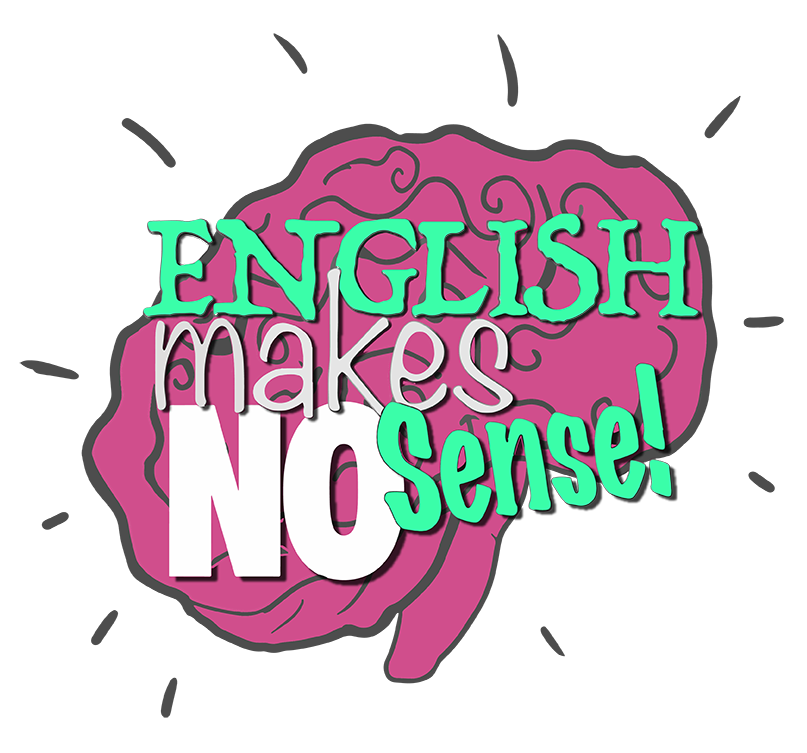Welcome to another edition of “English Makes No Sense.” The podcast where we have fun with the English language, one lesson at a time. I’m your host, SL Rockfish, and today, we have a special episode in store for all you English learners out there. Today we will be learning some exciting idioms that are perfect for those times when you need to hurry up. Life moves quickly so, let’s kick it into gear and get started.
Idiom 1: Kick It Into Gear
Our first idiom is “Kick it into gear.” This expression means to start doing something faster or with more energy. You can use it when someone needs to pick up the pace, whether it’s at work, in sports, or just about anything in life. Some people may say, Kick it into high gear! But “Kick it into gear” is the idiom we will learn today.
Origins: The phrase comes from the idea of shifting a vehicle into a higher gear to go faster, making it a great metaphor for stepping up your speed.
Let’s put it in a sentence : “We’re running out of time; let’s kick it into gear and finish the project by the end of the day.” Translation, let’s hurry and finish the project!
Idiom 2: Shake a Leg
Don’t want to use “Kick it into gear? How about using the next idiom on our list “Shake a leg.” This one encourages someone to move quickly and get going.
Where did we get this idiom from? It’s believed to have its roots in the world of theater, where actors would be asked to shake a leg to get on stage and perform promptly. They shake a leg, they break a leg? Acting or theater work sound dangerous!
Here’s an example for you: “We’re going to miss our flight if we don’t shake a leg and head to the airport right now.” Come on, shake a leg! You hear that a lot! My question is, if your legs are shaking, how can you move quickly? Hmmm
Idiom 3: Get a Move On
Host: “Get a move on” is another idiom that means to hurry or start moving quickly.
Get a move on? It begs the question: get a move on, to what? Doesn’t matter. We just say, “Get a move on! It covers everything, with its general meaning, “hurry”.
Origins: This idiom’s origin is unclear, but it’s been in use for many decades.
Here’s an example “The bus is about to leave, so you better get a move on if you want to catch it.”
Or, you are going to be late for school, get a move on! Did you have to get a move on today?
Idiom 4: Pick Up the Pace
Maybe someone told you to “Pick up the pace”. Pick up the pace is pretty self-explanatory; it means to start moving faster or doing something more quickly.
Origins: This phrase likely comes from the idea of increasing your speed in a race or a similar competition. Makes total sense. Hey, how can that be English? You let one slip by!
Let me use it in a sentence: “We’re falling behind schedule, and we need to pick up the pace if we want to finish on time.” Yikes, we need to hurry! Why Didn’t you just say that? I did, I said “Pick up the pace!”
Idiom 5: Quick Like a Bunny
Don’t want to use pick up the pace? Well then, how about our next idiom “Quick like a bunny.” “Quick like a bunny” means to do something very quickly, just as bunnies are known for their agility and swiftness. Ever see a slow bunny? Me either. They always move quickly when you try to catch them.
Where does this idiom come from? I don’t know but the idiom is a playful and humorous way of emphasizing speed and quickness.
Here is a sentence: “Can you pass me the scissors? I need to wrap this gift quick like a bunny!”
Or Bill moved quick like a bunny when he realized he was about to be late for work! Way to go Bill!
Idiom 6: Don’t Dawdle
Finally our last idiom for today’s episode is “Don’t dawdle.” Do you dawdle? Well if you are in a hurry don’t. I love that word dawdle. It’s fun to say. DAWDLE. This idiom encourages someone not to waste time or move too slowly. So here is another idiom that makes sense! Don’t dawdle is another way to say, hurry. Don’t be slow.
Wow, English, sometimes you do make sense!
Origins: Dawdle itself is said to have come from the word daddle or may have been influenced by the bird daw. Daws apparently were sluggish and slow. “Dawdle” itself means to waste time, so this phrase directly advises against procrastination.
Let’s use it in a sentence: “We have a lot to do, so please don’t dawdle; let’s finish our work efficiently.”
Or, “I told Bill, don’t dawdle or you will miss out on a great opportunity!” Do you like to dawdle? Or do you know someone who does? Hmmm
Recap and Practice:
Now that we’ve explored these idioms for hurrying, it’s time to practice. Try using one of these idioms in a sentence or conversation. Remember, the best way to master these expressions is by incorporating them into your daily English communication. Don’t be afraid to use them in real-life situations.
Conclusion:
That wraps up this episode of “English Makes No Sense.” I hope you’ve picked up some valuable idioms for hurrying and that you’ll be able to put them into practice in your English conversations.
Don’t dawdle, shake a leg! Be quick like a bunny, pick up the pace, get a move on and last but not least Kick it into gear! Go on now, get out there and practice using these idioms to tell someone to hurry.
Until next time my friend, my name is SL Rockfish telling you to, do something fun, do something amazing or you know, do nothing at all! But, whatever you do, have a great day! Peace friends. Don’t be afraid to practice these! See you next time!








